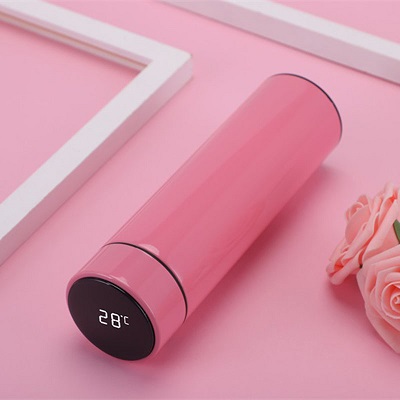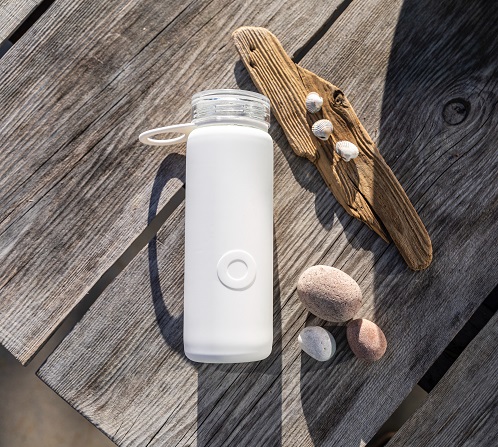Smart water bottles have gained popularity as innovative tools for promoting healthy hydration habits among adults. However, the question arises: Are these technologically advanced bottles also suitable for children?

Factors
Let’s examine the factors involved to determine whether smart water bottles are appropriate for kids.
1. Hydration Tracking and Reminders
The tracking and reminder features of smart water bottles can be beneficial for children, especially those who struggle to stay hydrated throughout the day. Reminders in the form of gentle vibrations, notifications, or visual cues can serve as helpful prompts for kids to drink water regularly, especially during school hours or extracurricular activities.
2. Customizable Hydration Goals
Some smart water bottles allow users to set personalized hydration goals based on factors like age, weight, and activity level. For children, setting age-appropriate goals can encourage them to develop good hydration habits and create awareness of their water intake needs.
3. Educational Value
Using a smart water bottle can be an educational experience for children. The technology and tracking capabilities can spark their curiosity about the importance of hydration for overall health.
It can also foster a sense of responsibility as they actively monitor their water intake.
4. Environmental Consciousness
Incorporating smart water bottles into a child’s routine can instill early lessons about environmental conservation. Encouraging the use of reusable bottles and tap water can help kids understand the importance of reducing single-use plastics and protecting the environment.
5. Appropriate Size and Design
Some smart water bottles come in kid-friendly sizes and designs, making them visually appealing and easy for little hands to hold. Aesthetically pleasing bottles with fun colors or patterns can also motivate children to use their water bottles regularly.
6. Parental Involvement
For younger children, parental involvement is crucial when using smart water bottles. Parents can help set up the bottle, configure reminders, and monitor the child’s water intake through the app.
This active participation ensures that the technology is used safely and effectively.
7. Consideration of Age and Maturity
The suitability of smart water bottles for children depends on their age and maturity level. Younger children may not fully grasp technology or have the responsibility to use it consistently.
On the other hand, older children who understand the benefits and are capable of managing the reminders themselves may find greater value in using a smart water bottle.
8. Safety and Material Considerations
When choosing a smart water bottle for children, safety is of paramount importance. Opt for bottles made from BPA-free, non-toxic materials. Consider bottles with spill-proof designs to prevent accidents, especially for younger kids.
9. Screen Time and Distraction
While smart water bottles offer valuable features, parents should also be mindful of potential screen time and distraction. Ensure that the smart water bottle’s app is user-friendly, intuitive, and does not lead to excessive screen use.
10. Alternative Options
For parents who prefer a simpler approach, traditional water bottles with measured markings can also help children track their water intake. These bottles are budget-friendly and eliminate potential concerns about technology usage.

Conclusion
Smart water bottles can be suitable for children, provided they are used with appropriate parental guidance and consideration of the child’s age and maturity level. The tracking, reminder, and educational aspects of these bottles can be beneficial for encouraging healthy hydration habits and environmental consciousness.
Ultimately, whether a smart water bottle is suitable for a child depends on the individual child’s needs, interests, and the level of parental involvement.

